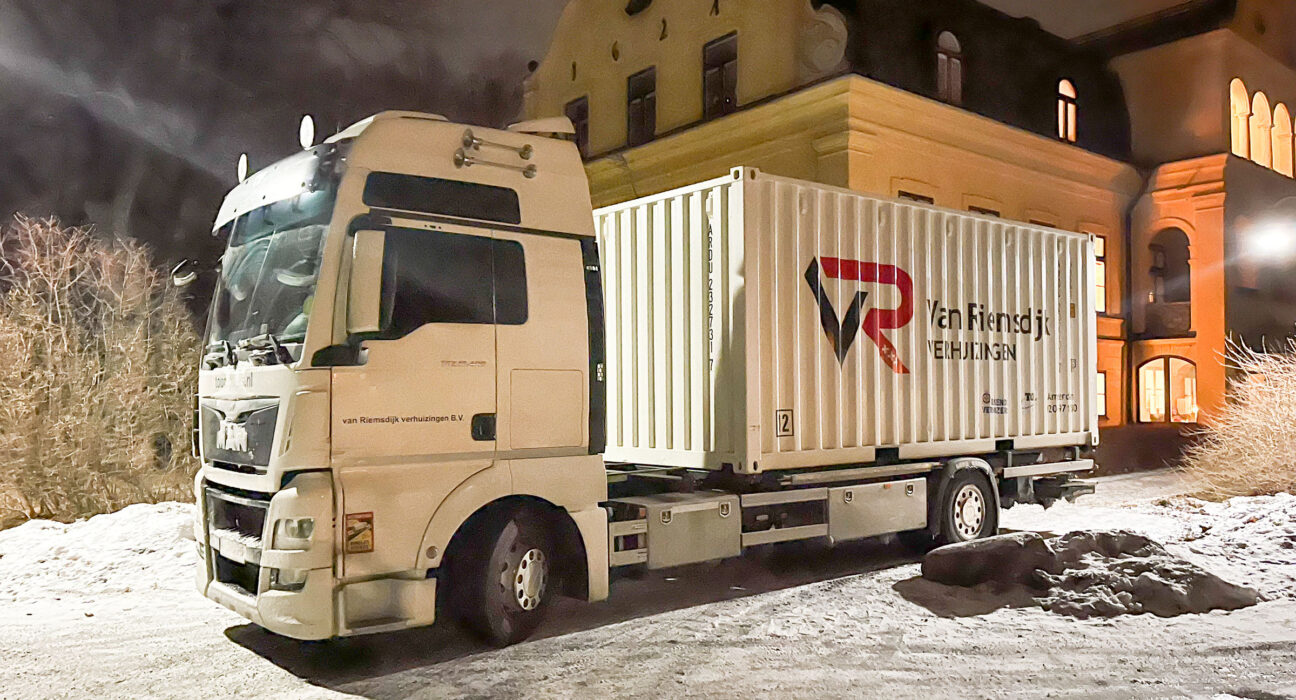At this time of the year, we play musical chairs in the world of international relocation. For families with children, the summer holidays are the perfect time to relocate. And the many love-refugees just don’t want the summer to end. We live in a place of transience and most of us see our current abode as a ‘home for now’ rather than a home forever. The business of packing up and moving on is just another part of everyday life. And upon arrival at the new location, friendly enquiries about the length of the stay are usually waved away with an airy ‘we’ll see’.
You have to be a special kind of person to be cut out for this way of life. Yet even if you are a veteran of global transitions, you still experience the same pattern of making new commitments, letting go, readjusting and settling in. Research has shown that the more firmly the commitment to relocate is rooted in your psyche, the better equipped you are to work through the ups and downs of readjustment and landing.
When I work with expats who are not experiencing a smooth landing, we often begin by exploring this commitment; who made the decision to relocate, was it a commitment to your partner rather than a commitment to the move, did your parents bring you on board with the decision, what did you have to give up, did you say goodbye properly, did you grieve?
In turns out that many clients who feel unhappy in their new expat life haven’t really had the opportunity to take ownership of their decision. They may have had to move for economic reasons, for the sake of a career, for a promotion that was just too good to miss. And children may feel overlooked when parents choose on their behalf to let them experience cultures that are different from their own.
You may wonder why ownership is so important?
Once those questions are raised and explored, a process of retrospective ownership can begin to take place. Because even if it turns out you don’t want to be where you ended up, but for now, you have no choice to leave, you can take ownership of that. And find ways to make the best of it, rather than remain stuck in an unconscious resistance to truly settling in.
With each move your inner world experiences a loss and a sense of disorientation. You are thrown back to a much earlier time in your life when literally everything was new, and your psyche was doing overtime to figure out what the rules of the game were. A time of life when we were helplessly dependent on our caregivers to show us the way. This ‘adaptation intelligence’ is reawakened when we move to another culture. In the background your psyche is working hard to adjust and to adapt, be it to a new language, a new culture, or different social norms. This takes a huge amount of psychological energy and can sometimes make us feel as helpless as we once did as a toddler.
Taking ownership of the relocation means that you are preparing your psyche for this new upheaval and bringing constant awareness to the fact that internally you are working really hard. Because then you can also be open to listening to its protests rather than ride roughshod over your fears or apprehensions. And this is even more important when it comes to our children, who still wear their psyches on their sleeves! Don’t let your discomfort about moving them, or yourselves, stand in the way of listening to their protests and fears. Create rituals around saying goodbye to favourite places and favourite people. Take time to dwell on the separation at hand, even if the removal men are already camping out in your doorway. This lets your psyche know one process is ending and another is starting.
Saying goodbye properly is important
Some of us are just not very good at endings. In one of my earlier blogs last year, I wrote about the very conscious way I said goodbye to my friends in Holland as I moved back to Sweden. But for years, as the daughter of a naval officer already well versed in packing up and leaving, I avoided all the emotions and just quietly slipped away. It was how I learned not to say goodbye and grieve. My family of origin taught me to always look forward and not back. But it meant that I became dislocated from my past, severing all ties to bravely move into the future.
Conversely, you may have grown up in a family that never moved more than a mile from where they were born. With the extended family all around them. Your move to ‘far away’ will trigger feelings of guilt. Because the home front can project a sense of betrayal onto your decision making it much harder to goodbye properly, cutting you off from an essential support network.
Landing with grace and recognizing relocation exhaustion
And once you’ve arrived, don’t be in such a rush. Many new adjusters are, as if by settling in quickly we can get the yucky part of feeling lost and helpless over with quickly. It’s the push of the inner self to feel safe and familiar again, but no matter how efficient you are, it will take the time it takes. And it will go in stages. Try instead to savour the unknown, stay in the helplessness, knowing you will feel acclimatised soon enough. Or as one veteran globetrotter once advised others in our workshop; “relax, slow down, mentally treat it like you are still on holiday. And breathe, things will fall into place whether you’re pushing hard or not.”
On the one hand it gets easier for every move: you know what to expect, you might be a bit more relaxed, give things a bit more time. But on the other hand, it gets harder too. Making new friends can feel more and more pointless. If this was your second, third, or seventh relocation, recognise when enough is enough. Notice when your relationships are becoming flatter and more superficial, when stopping to smell the roses has turned to apathy and it feels as if there are bits of yourself scattered all over the world. Allow yourself to question the point of all of this connecting, disconnecting, and connecting again.
Taking ownership of the decision to move is step one, making sure you grieve properly and say goodbye is number two. And then, when you arrive at your new destination, take your time to land with grace. I explored my own confusion around arriving and landing in a blog entitled ‘the art of landing gently’. Maybe you want to read that for more inspiration.
Accept how you are feeling, and don’t get trapped into thinking how you should be feeling. Remember to honour that sensitive, intelligent and uniquely adjustable organ that we call our psyche and thank it for all its hard work.
You truly wouldn’t know where you were without it.
Listen to this article:
Stream Take ownership of your relocation on SoundCloud
Lysanne Sizoo, international Mental Health specialist
With over two decades of experience, Lysanne Sizoo specializes in assisting expatriates, international professionals, and global nomads facing mental health challenges. Her professional journey has taken her to the United Kingdom, Sweden, New Zealand, and the Netherlands. In 2023 she relocated from Holland back to Stockholm for the second time around and meets clients both online and in her office on Södermalm.
Living away from one’s native country comes with its unique set of psychological hurdles, alongside the everyday ups and downs of life. This holds true for global nomads, cross-cultural adults, and children alike.
In these articles Lysanne writes about the different challenges that face us in life, as expats and as ordinary human beings. She uses her own experience as a jumping off point for reflections on how to use the lessons from therapy to live a more contended and congruent life.
If you have specific topics or issues that you’d like Lysanne to explore in her articles, please reach out via the contact form on this website or directly through her personal website. Rest assured, your privacy and confidentiality will be upheld.













